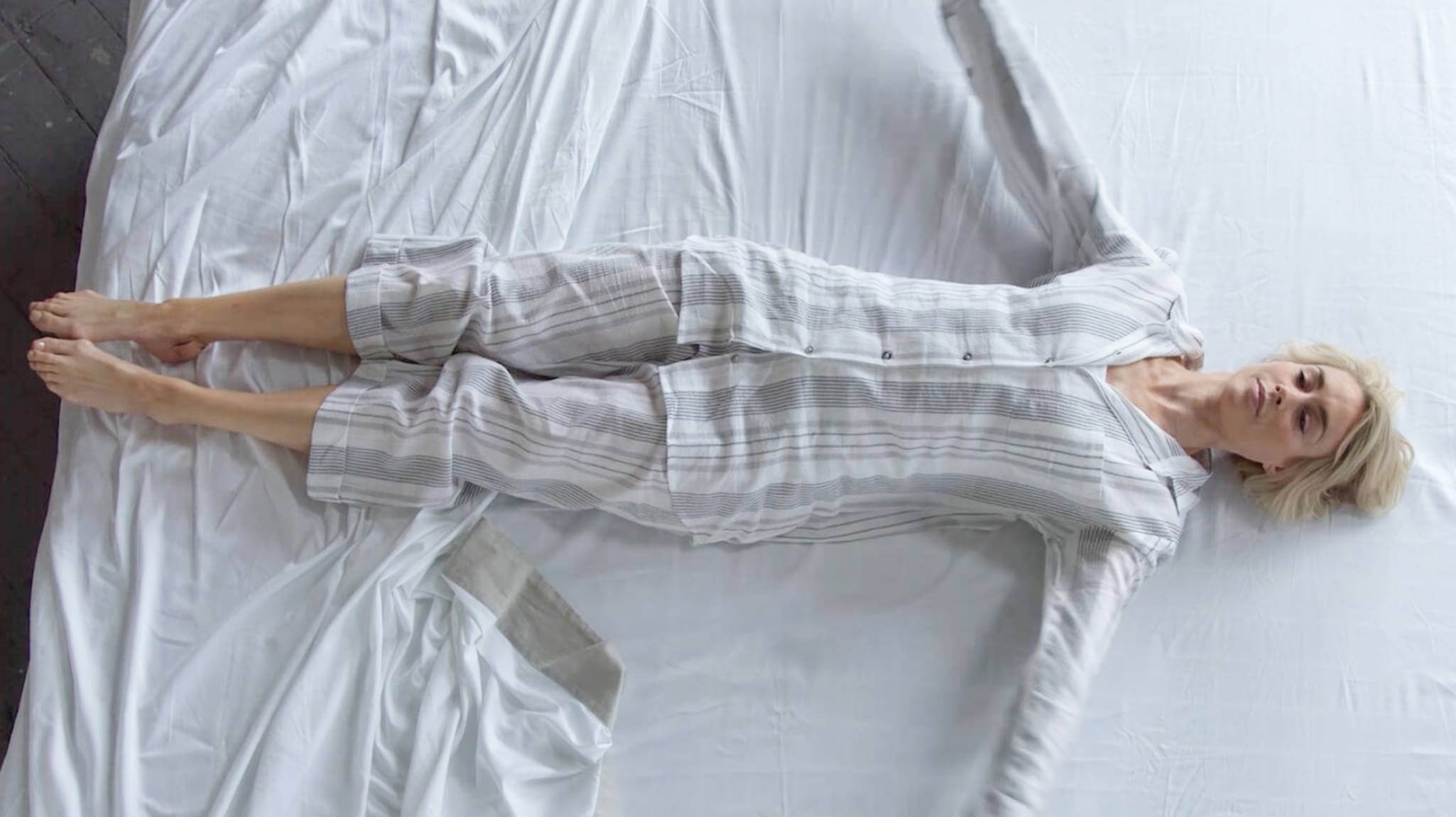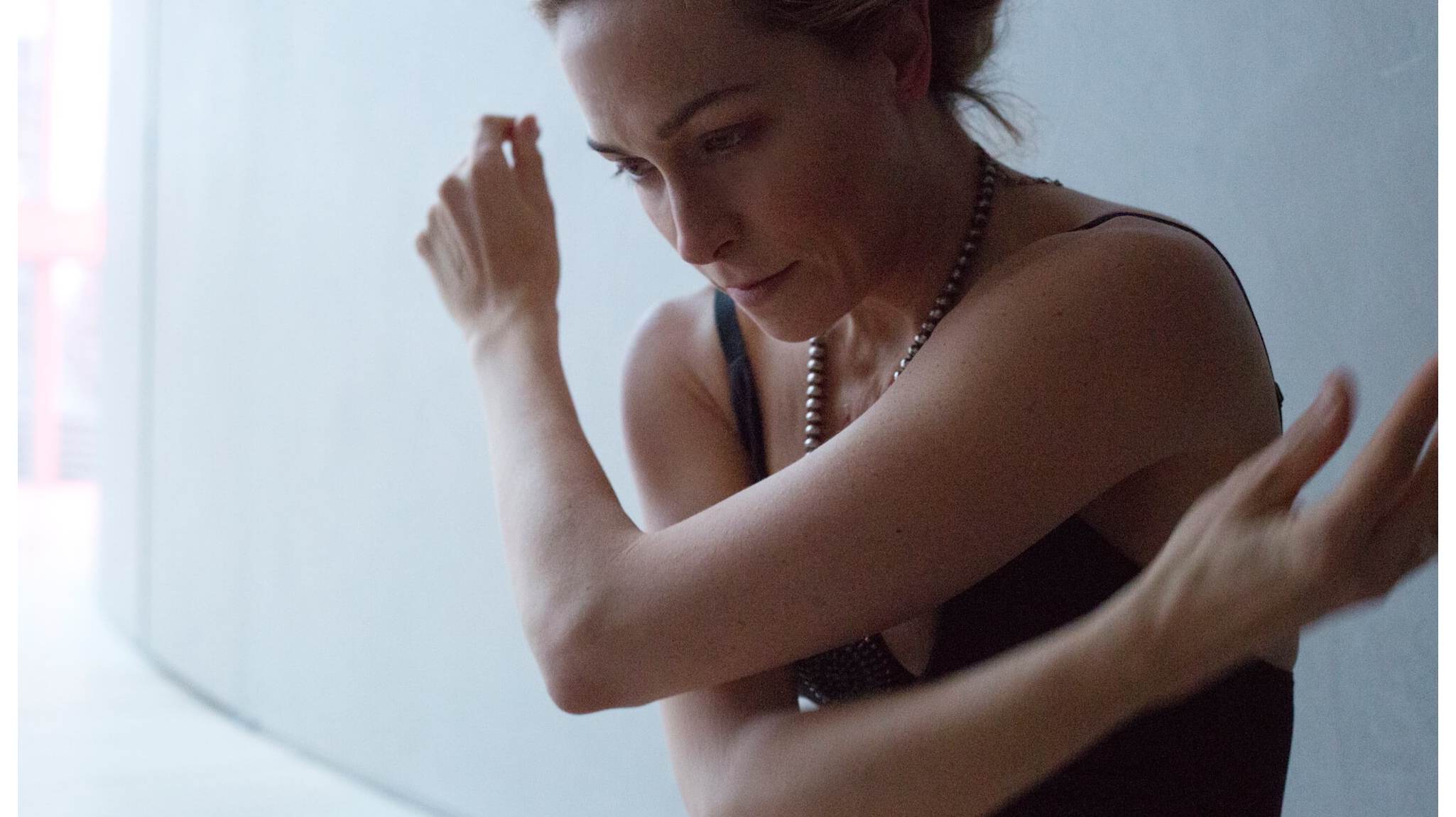What happens in the brain during sleep?
In the first episode of our new video series, the Sleep Wisdom, Dr Rebecca Robbins helps us debunk the myth that during sleep our brains are completely switched off.

Earlier this summer we launched a new video series, titled the ‘Sleep Wisdom’. Each episode aims to debunk common sleep myths, and bring the science of sleep to the forefront. In our first episode, Sleep Scientist and Sleep Expert to Savoir, Dr Rebecca Robbins, explains what happens to our brains while we sleep. From processing memories to brain detoxification and its importance to our health and well-being. Join us as Dr Robbins uncovers the science of a restorative night’s rest.
It is a myth that during sleep our brain is switched off and resting. Instead, our brain goes in and out of one of four different stages. And in this beautiful, rhythmic fashion.


“As we start to enter sleep at night, the pens of the electrodes – if I were measuring you in our sleep laboratory, start to slow. Indicating that our brain is starting to slip into some of the lighter stages of sleep. During the lighter stages of sleep, we’re easily awoken by sounds around us. But as we start to slip into some of the deeper stages of sleep at night, the pens of the electrodes, if we’re monitoring you in the laboratory, start to slow so much, that it sounds as though there is absolutely nothing happening in the brain. Now, this is essential. Because this is where, we as humans, come the closest to hibernation in our typical day.
Then, something fascinating happens. After about 20 minutes from falling asleep, we enter our first rapid eye movement period of the night. This rapid eye movement period lasts for a very short time, but during REM the brain becomes alive. If I were monitoring you in my laboratory, the pens of the electrodes would show enormous activity in the brain. There are very high frequencies that are quick brainwaves, and very low amplitude. That’s the space from peak to trough in a brainwave. Indicating a tremendous amount of activity.
And what’s so fascinating, is that patterns of wakefulness, when we’re learning new activities, in the brain, are actually repeated during sleep
During this stage of sleep, what’s happening in the brain is we are repeating and rehearsing some of the events from our day before. And what’s so fascinating, is that patterns of wakefulness, when we’re learning new activities, in the brain, are actually repeated during sleep.
So, this stage of sleep is important for our cognitive function, our memory and so many areas of our brain. One of the most fascinating areas of sleep science is indicating that during sleep compared to wakefulness, we experience an accelerated clearance of brain toxins. That clearance happens at about a 60% greater rate during sleep than wakefulness. And that removal of toxic particles is vitally important for us to maintain a healthy brain – today, tomorrow and well into the future.
We see in our epidemiological studies that when we’re not getting enough sleep and getting the benefits of all that clearance of these dangerous brain toxins, over time, we’re at increased risk for Alzheimer’s disease and dementia. So, it is a myth that our brain is switched off and resting during sleep. Instead, we enter and re-enter these different beautiful stages of sleep in a symphonic pattern. And we must hit each note in the symphony of the night to wake up and be at our best.”
Dr Rebecca Robbins
Join us on Instagram and enjoy all episodes of Sleep Wisdom, debunking common sleep myths, discovering the science of sleep and more.



